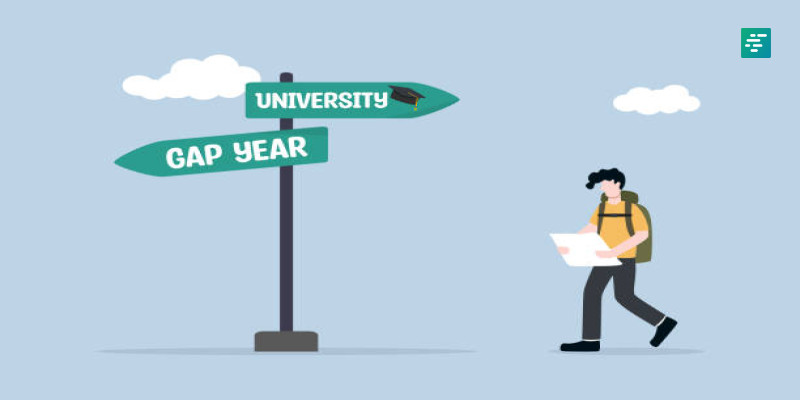
As school comes to an end, many students face the dilemma of whether to jump straight into college or take a break known as a "gap year." A gap year refers to a period when students defer their formal education to explore alternative experiences, such as traveling, volunteering, or pursuing personal interests. This concept has gained popularity in recent years, as young individuals seek to gain a better understanding of themselves and the world before diving into higher education. In this article, we will explore the pros and cons of gap years to help students make informed decisions about whether a gap year is worth taking.
Pros of Taking a Gap Year
1. Personal Growth and Self-Discovery
One of the most significant advantages of a gap year is the potential for personal growth and self-discovery. Stepping away from the structured academic environment allows students to explore their passions, interests, and values. Through new experiences, they can develop a better sense of self, which can positively influence their future career choices and academic pursuits.
2. Real-World Experience
Gap years provide an opportunity to gain valuable real-world experience outside the classroom. Whether through internships, part-time jobs, or volunteering, students can acquire practical skills and insights that may not be taught in traditional educational settings. This exposure can make them more adaptable, independent, and better equipped to handle the challenges of college and beyond.
3. Enhanced Academic Performance
Contrary to common belief, a well-structured gap year can enhance academic performance in the long run. Students who take a break often return to their studies with renewed focus and motivation. Their experiences may have provided a deeper understanding of their chosen field, enabling them to approach their studies with a more mature and informed perspective.
4. Cultural Awareness and Global Perspective
Traveling during a gap year allows students to immerse themselves in different cultures, fostering cultural awareness and a global perspective. Experiencing diverse traditions, languages, and lifestyles can cultivate empathy and a broader understanding of the world, an invaluable asset in an increasingly interconnected and multicultural society.
Cons of Taking a Gap Year
1. Academic Momentum Disruption
One of the main concerns about taking a gap year is the potential disruption of academic momentum. Some students may find it challenging to re-engage with their studies after a year-long break, making it harder to get back into the routine of learning and academic discipline.
2. Delayed Entry into the Job Market
While a gap year can provide valuable experiences, it also means delaying entry into the job market by a year. This could have financial implications, as students may have to postpone earning a full-time income and start repaying any student loans they have accumulated.
3. Social and Peer Pressure
In societies where the norm is to transition directly from high school to college, students may feel social and peer pressure to follow the conventional path. Taking a gap year could lead to feelings of being left behind or judged by others, potentially impacting self-esteem.
4. Lack of Structure and Direction
Without proper planning and guidance, a gap year can become aimless and unproductive. Students may struggle to find meaningful opportunities, leading to a sense of wasted time and uncertainty about their future path.
Tips for a Productive Gap Year
For students considering a gap year, here are some tips to ensure it is productive and beneficial:
1. Set Clear Goals: Define specific objectives you want to achieve during your gap year, whether it's learning a new skill, volunteering, or traveling to a particular destination.
2. Plan and Budget: Create a detailed plan for how you will spend your time and money during the gap year. Budget wisely to make the most of your experiences without undue financial strain.
3. Seek Guidance: Talk to mentors, teachers, or career counselors for advice on structuring your gap year in a way that aligns with your long-term goals.
4. Stay Engaged Academically: Keep your mind stimulated by reading, taking online courses, or attending workshops related to your area of interest. This can help maintain academic momentum and facilitate a smooth transition back to formal education.
A gap year can be a valuable opportunity for personal growth, real-world experience, and gaining a broader perspective on life. However, it also comes with challenges, such as potential academic disruption and social pressure. Ultimately, students must carefully weigh the pros and cons, consider their goals, and plan accordingly to make their gap year a worthwhile and enriching experience!